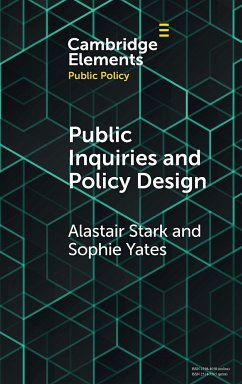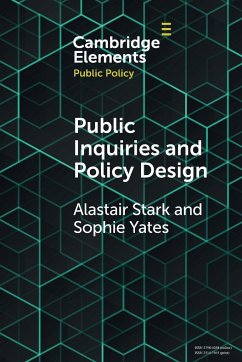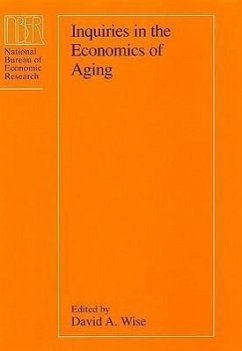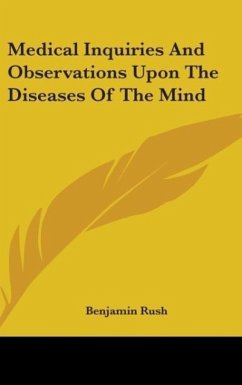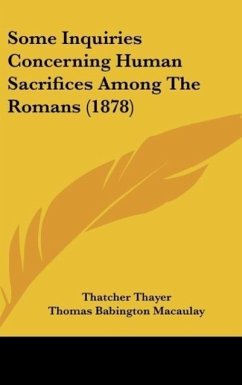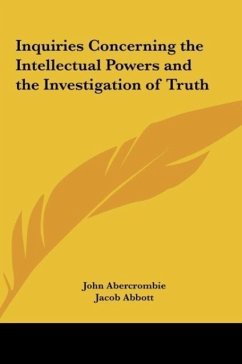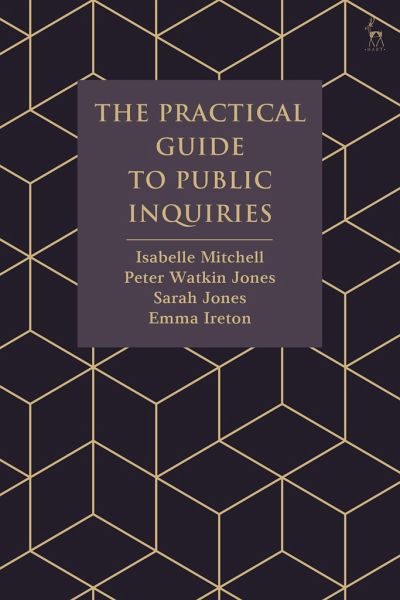
The Practical Guide to Public Inquiries
Versandkostenfrei!
Versandfertig in 2-4 Wochen
122,99 €
inkl. MwSt.

PAYBACK Punkte
61 °P sammeln!
This practical guide provides legal practitioners, participants, witnesses and all those with an interest in public inquiries, with stage-by-stage 'hands on' guidance on the process of public inquiries into matters of public concern. With its user-friendly format of summaries, checklists, 'top tips' and flow charts, this book looks at the setting up of a public inquiry through to its close. It includes information on: - the appointment of the chair and inquiry team; - the choice and significance of the venue; - the drawing up of inquiry procedures, protocols and rulings; - the appointment and ...
This practical guide provides legal practitioners, participants, witnesses and all those with an interest in public inquiries, with stage-by-stage 'hands on' guidance on the process of public inquiries into matters of public concern. With its user-friendly format of summaries, checklists, 'top tips' and flow charts, this book looks at the setting up of a public inquiry through to its close. It includes information on: - the appointment of the chair and inquiry team; - the choice and significance of the venue; - the drawing up of inquiry procedures, protocols and rulings; - the appointment and role of core participants; - evidence taking; - conducting and attending hearings; - the role of experts; - the writing and publication of the inquiry report. Drawing on the authors' extensive experience as public inquiry lawyers, working on inquiries such as the Bloody Sunday Inquiry, Mid Staffordshire NHS Foundation Trust Inquiry, Leveson Inquiry and Grenfell Tower Inquiry, together with contributions from a number of other eminent practitioners in the field, this book provides valuable, comprehensive guidance on the public inquiry process.



